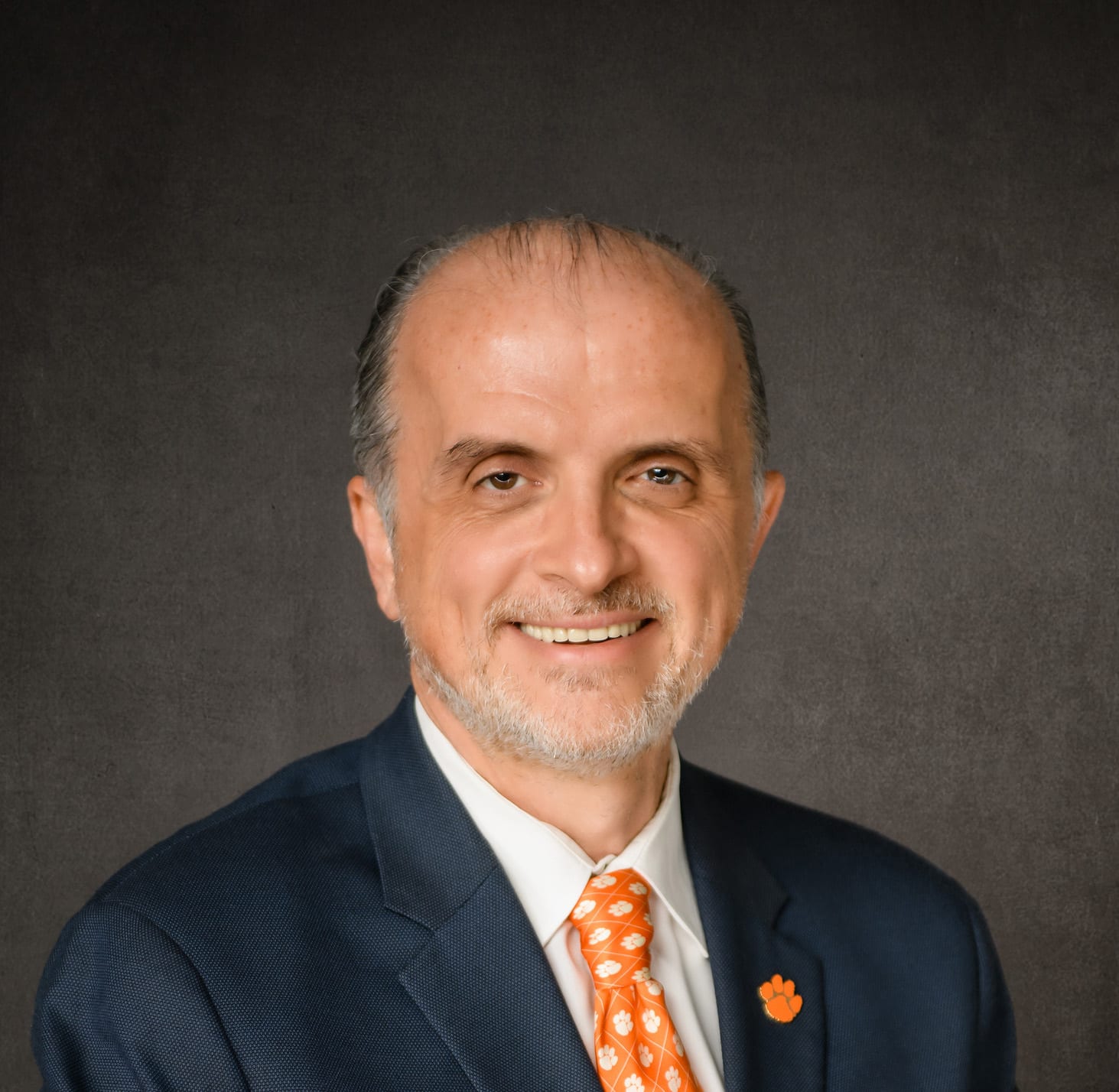The need for water operators who help ensure the nation has safe water supplies is driving a new collaboration between Central Carolina Technical College and Clemson University, a partnership funded by the National Science Foundation.
Researchers are calling the collaboration Water DROPS, short for Developing Resources for Water OPeratorS. The project’s mission is to increase the quality and capacity of training essential to meet the nation’s need for skilled water operators.

Water operators are frontline environmental health and safety workers who ensure the nation has access to safe water sources. Researchers estimate that as many as half of the nation’s 115,000 water treatment operators will retire in the next five years and that there won’t be enough qualified personnel available to replace them.
As part of Water DROPS, researchers plan to create virtual reality modules to supplement Central Carolina Technical College’s existing curriculum. They will study the results, using empirical data, to test how effective their approach is.
The National Science Foundation’s Advanced Technological Education program is providing $650,000 to fund the project for three years.
The principal investigator on the project is Joshua S. Castleberry, dean of workforce development and the SC Environmental Training Center at Central Carolina Technical College, which is in Sumter.

“This project will play a key role in expanding upon Central Carolina Technical College’s mission in delivering technician education by creating high-quality cost-effective, technology-based online resources for water operator technology,” Castleberry said. “We look forward to collaborating with Clemson on this urgent work.”
The lead principal investigator at Clemson is Tanju Karanfil, vice president for research and professor of environmental engineering and Earth sciences at Clemson. A co-principal investigator is Kapil Chalil Madathil, the Wilfred P. and Helen S. Tiencken Associate Professor of Civil & Industrial Engineering.
Karanfil said all the pieces are in place for a successful collaboration.
“Water DROPS will enable innovation and enhancement in the teaching and learning of water treatment using virtual labs that are compliant with the Americans with Disabilities Act,” he said. “We look forward to a fruitful partnership with Central Carolina Technical College.”
Chalil Madathil said he is excited to collaborate with Central Carolina Technical College and to apply digital technology, such as virtual reality, to the Water DROPS project.
“Integrating virtual reality and other digital learning technologies with personalized learning provides an exclusive, directed learning path for each student, tailoring learning experiences based on individual needs, strengths, weaknesses and pace of learning,” Chalil Madathil said.
The new materials developed in the collaboration will be made available through Central Carolina Technical College and EducateWorkforce.com. Water and Wastewater certificates can be completed 100% online.
Making the labs virtual will mean that students will be able to use them anytime and anywhere they can connect to the internet. It is expected to be especially helpful in helping women, students from underrepresented groups, veterans and people with disabilities get the certifications they need to become water operators.
Researchers said the proposal is expected to contribute to “The Future of Work at the Human-Technology Frontier,” one of the National Science Foundation’s “Big Ideas.”







